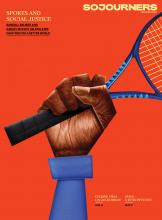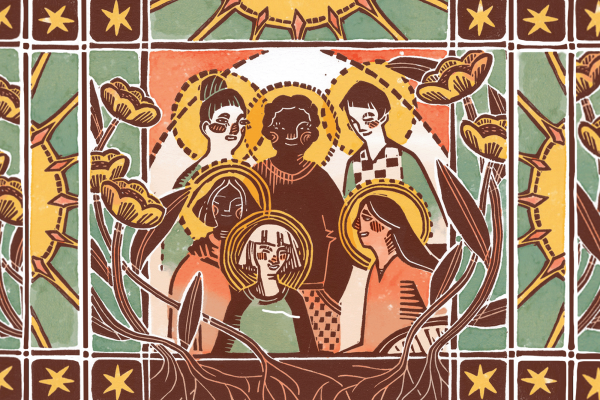THE PAST DECADE has been replete with calls for the church to examine the barriers it often places between spiritual community and racial minorities, women, and LGBTQ people. While that work is ongoing, Christians with disabilities are issuing and answering a call of their own: to embrace a vision of healing and wholeness that includes people of all abilities.
As Rebecca Holland set out to find a career as a young adult, she felt that her gender, her Filipino ethnicity, and her visual impairment were seen as barriers to her calling. After facing discrimination and being told her disability would prevent her from being a teacher, she went on to gain certification in teaching English for middle and high school, an accomplishment of which she is proud. But then she felt the call to ministry, and the journey began again. In seminary, still smarting from the discrimination in her first vocation, she said she did her best to hide her disability. On top of discouraging attitudes about her call, Holland said she faced an added layer of alienation when Christians would tell her that if she had faith, her physical eyesight could be restored.
Holland’s story of facing discrimination, discouragement, and harmful expectations of healing echo the stories of many disabled Christians and their advocates. And they are urging the church to examine its assumptions about disability, healing, and inclusive practices.
In her first church internship, Holland let people think she was absent-minded when she missed visual cues and clumsy when she knocked things over (because she was walking without her cane). She made up excuses for not driving and went without the accommodations she often needs, like large-print text or screen readers. When it was discovered that she was hiding her disability, she said her mentor was profoundly disappointed in her. Her ministry would be hindered, the mentor said, not because she had a physical disability but because she was living a lie.
Read the Full Article

